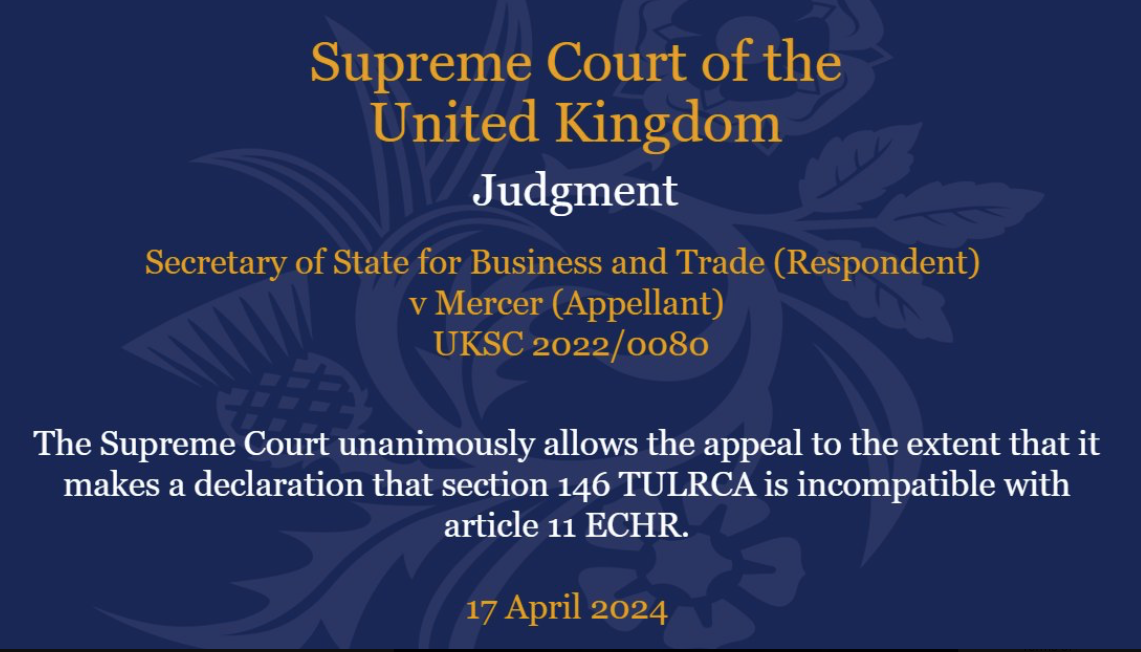
The General Secretary of the Fire Brigades Union has warned Labour against watering down commitments to strengthen workers’ rights.
Labour’s ‘New Deal for Working People’ includes plans to reverse anti-union legislation, expand collective bargaining, and ban zero hours contracts.
Trade unions have voiced alarm in response to press reports that Keir Starmer may row back on delivering the new deal within the first 100 days of government.
Spokespeople for the Labour Party have stated that the party remains committed to the New Deal for Working People.
Speaking to the Guardian earlier this week, Matt Wrack said: “The debate on workers’ rights is a key issue for all unions as we approach a general election. As a policy, it is very popular with our members but it is popular with the voters as well.
“We know Labour will come under pressure from business interests but there should be no backtracking and no weakening. Labour needs to deliver this as one of its top priorities. If there is a rolling back there will be significant anger.
“If organised labour comes out strengthened from the early months of a Labour government that alters the political balance after 40 years of attacks on unions. The plans for workers’ rights don’t go far enough but they do start to alter the balance of power in the workplace.”
Thanks to Alice Dann FBU Communications Officer.


